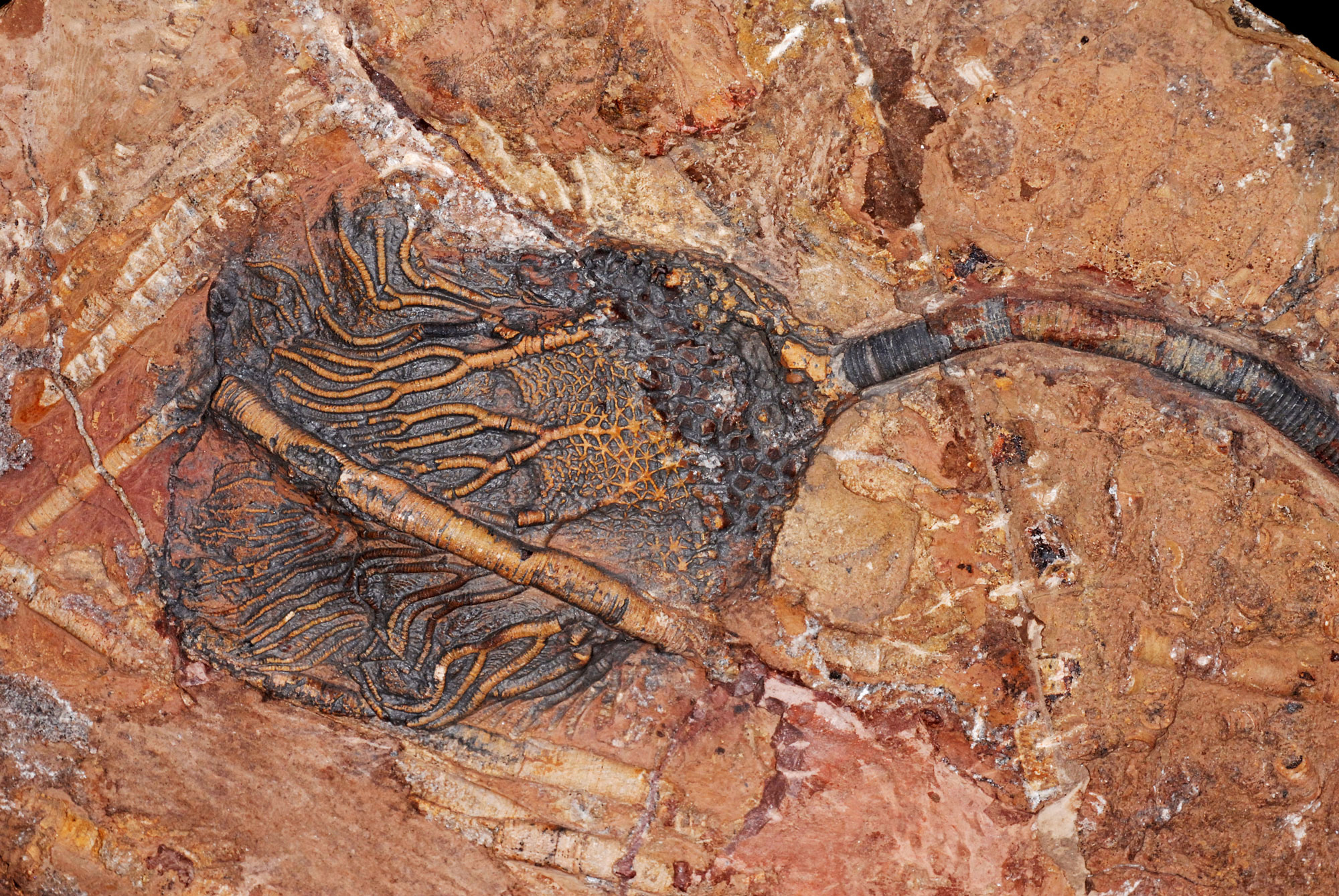Enormous crinoids of the Jurassic era, related to sea stars and sea urchins, could have carried whole ecosystems around the world
Today’s oceans are jammed with plastic, which not only pollutes the water and poisons its inhabitants but also carries some animals to distant destinations. As researchers rush to discern the imminent repercussions of these virtually indestructible plastic rafts on global ecosystems, others are turning to the past to explore whether this buoyant lifestyle is actually new. The subject of their study? A giant of the Jurassic era: the crinoid.

https://www.smithsonianmag.com/science-nature/ancient-sea-life-may-have-hitched-rides-across-oceans-giant-living-rafts-180972876/